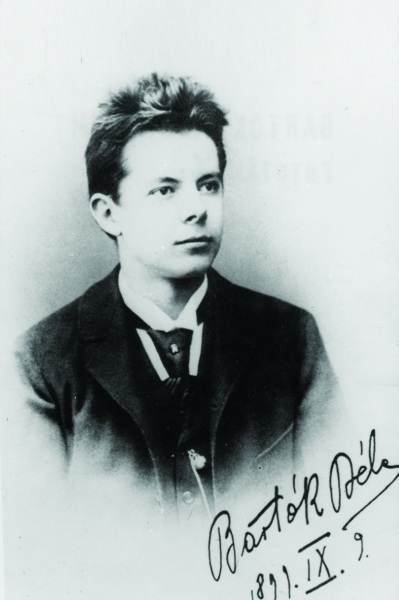Love the Limits
July 1, 2021Creativity isn’t all it’s cracked up to be. Neither is freedom—at least absolute freedom. Read more →
Updates from UUA General Assembly 2021
July 1, 2021We were honored to send over 20 CLF member delegates and 16 religious professional delegates to Virtual General Assembly 2021. Now that it’s over, we want to let you know some of what happened. Read more →
Creativity in Cakes
July 1, 2021I have been locked up for four years now and I have seen all things created in the penitentiary. Read more →
Reshaping the Soul
July 1, 2021To create or to reshape. My understanding is that these are two different things. Read more →
Art as Creative Practice
July 1, 2021For many years, you all have sent us your incredible works of visual art along with your poems and essays. Read more →
If You Want to View Paradise (Don’t Ask Me For A Picture)
July 1, 2021Yeah, I know you want something a little more up-beat Read more →
Flowers
July 1, 2021Just like a flower, we bloom into ourselves,
Taking our precious time as we open up to the world. Read more →
Creativity is Everywhere
April 7, 2017There’s a place for creativity in pretty much all aspects of our lives, whether it’s work or play. This little song is a reminder of how creativity and art help us to learn.
Audio PlayerA Creative Life
April 7, 2017Béla Bartók was a Hungarian pianist and composer who added a great deal to our world through his creativity. He started playing piano as a tiny child, and knew 40 songs by the time he was four—and gave his first public recital , including an original composition he’d written two year earlier, when he was eleven.
Bartók went on to become a famous composer who not only wrote his own music, but also went out around the countryside gathering folk music, which he often worked into his compositions. While he was collecting music from the Székely people in Transylvania he learned about Unitarianism.
He liked the idea of a creative religion that was less about following rules and more about connecting with all aspects of life. He eventually joined a Unitarian church in Hungary, and attended with his son.
With the rise of a fascist government in Hungary and the approach of the Second World War, Bartók fled to the United States. He was safe there, but felt lonely and disconnected from his homeland, and it was hard for him to continue to write music. But when he was diagnosed with leukemia and knew that he did not have very long to live, his creative energy returned in a burst and his last compositions are often considered his greatest.
To learn more about Bartók and listen to some of his music, visit the NPR story, “Béla Bartók: Finding a Voice Through Folk Music”
Music: Béla – Evening in the village
Here is one of Bartók’s compositions, titled “Evening in the Village.” The tune comes from a folksong, which is called the “ancient Székely anthem.” The pictures in the video were almost all taken in Transylvania, where Bartók discovered Unitarianism. (The one with the gate was taken in Máriabesnyő, a famous shrine in the outskirts of Budapest.)
Support the CLF
Can you give $5 or more to sustain the ministries of the Church of the Larger Fellowship?
If preferred, you can text amount to give to 84-321
Newsletter Signup
About
Quest for Meaning is a program of the Church of the Larger Fellowship (CLF).
As a Unitarian Universalist congregation with no geographical boundary, the CLF creates global spiritual community, rooted in profound love, which cultivates wonder, imagination, and the courage to act.
Contact
Church of the Larger Fellowship Unitarian Universalist (CLFUU)
24 Farnsworth Street
Boston MA 02210



